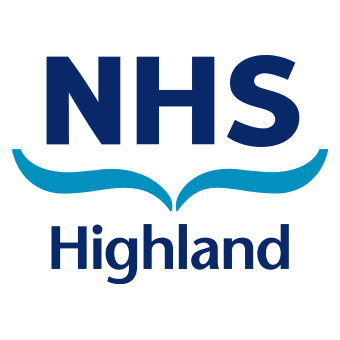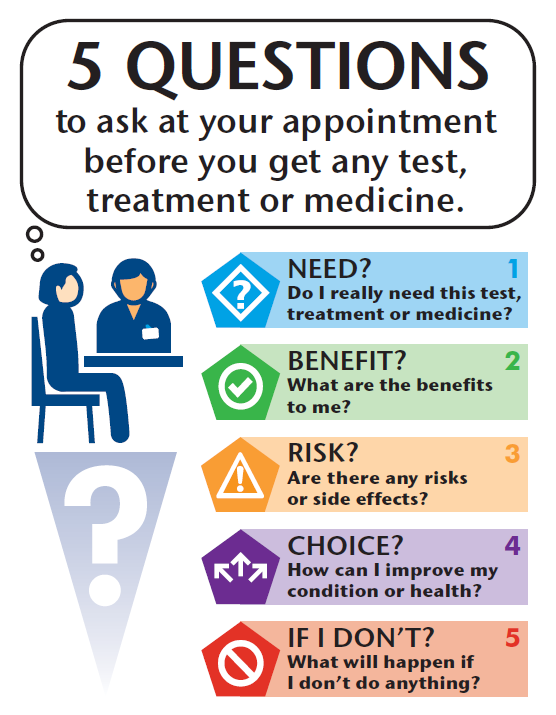Pulmonary rehabilitation (often called pulmonary rehab or PR) has been described as the most important intervention for respiratory patients (after giving up smoking), since it can have a greater impact on patients’ lung health, breathlessness and quality of life than any medication. Each of the links below opens in a new window/tab.
How Pulmonary Rehab Can Help You
Animated video all about pulmonary rehabilitation and what it has to offer people with respiratory conditions.
Click on the image above.
What is pulmonary rehabilitation (PR)
Pulmonary rehabilitation is a specialised, structured course for people with respiratory conditions run by the NHS Highland physiotherapists. The course provides education about the your respiratory condition and managing breathlessness, it teaches you breathing and chest clearance techniques, and involves gentle exercises to help build up your fitness so you can complete everyday tasks without getting breathless.
Patients say they have found these classes very valuable and that the course had greatly improved their condition management and breathlessness.
Referrals to pulmonary rehab
If your respiratory condition is having a significant impact on your day to day life, you may be referred for pulmonary rehabilitation. Face-to-face pulmonary rehab classes are provided across the Highlands - however, due to our geography, there is variation in the length of waiting times for classes, and you may have to travel a considerable distance to attend them.
Making pulmonary rehab more accessible for all those who would benefit
Online pulmonary rehab classes are provided using the Near Me video consultancy system and provide all the same education and exercise opportunities provided by face-to-face classes, and even some time for support and chat among participants. Before joining the online classes you will have a one-to-one session with a respiratory physiotherapist (either face-to-face or online) and we ask that you purchase a pulse oximeter so that you can check your blood oxygen saturation before and during exercise.
If you are unsure about using Near Me, please contact AbilityNet for technical support on: 0800 048 7642 during office hours, or email: enquiries@abilitynet.org.uk
Sources of more information about pulmonary rehabilitation
What is pulmonary rehabilitation - My Lungs, My Life
Essential guide to pulmonary rehabilitation - a leaflet from Chest & Stroke Scotland (CHSS)
Why you should do pulmonary rehabilitation - a video from NHS Ayrshire & Arran
Pulmonary rehabilitation - a video from NHS Greater Glasgow & Clyde
Exercise for severe COPD - a video from NHS Greater Glasgow & Clyde
High Life Highland's Active Health classes - High Life Highland
-

